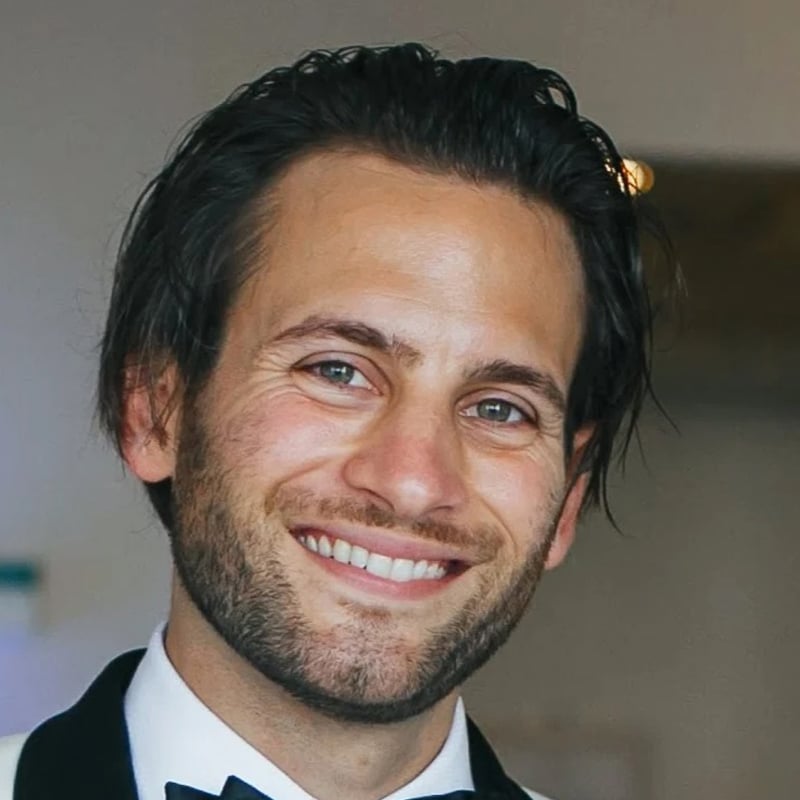The lawyer for the Florida woman who received free samples of the antidepressant Prozac throgh the mail said the names of the Prozac recipients probably came from Walgreens Co.
The pharmacy chain denied the charge.
“My guess is the names were supplied by the pharmacy,” said Stephen A. Sheller of Sheller, Ludwig & Badey, who filed an invasion-of-privacy suit on behalf of his client in Florida state court. The sample mailings allegedly went to a number of people with a history of depression.
The client, identified in court papers as S.K., sued Walgreens pharmacy, Eli Lilly & Co. (which manufactures Prozac) and three doctors (who signed a form letter enclosed in the package with the Prozac pills), and the medical organizations they are affiliated with.
“The doctors may have a list of all their patients on anti-depressants in a centralized location, but I doubt that,” Sheller said. “Walgreens would have a list like that ready in five seconds.”
The prescription was allegedly written by S.K.’s physician, Lise Lambert, without the patient’s prior knowledge. “That’s a malpractice issue,” Sheller said. “It’s completely unconscionable conduct for the doctor to write a script knowing the patient has never had a discussion with you about that.”
Walgreens denied that it supplied names of patients who had filled prescriptions of antidepressants for the mailing.
“We don’t release any patient information,” said Carol Hively, corporate spokeswoman for Deerfield, IL-based Walgreens. “All information came from the doctors’ offices.” The prescriptions contained name, address and prescription for each person who received the mailing, Hively said.
Walgreens also denied any responsibility for the mailing. “The Prozac prescriptions…were filled at one at one Walgreens store where staff decided on their own to participate in this program,” said a corporate statement. “This was not a Walgreens’ corporate program and our involvement in the program has ended.”
Eli Lilly suspended several employees with pay after the story of the sample mailings became public, according to the Sun-Sentinel in South Florida.
Shiller said that the package contained the elements of a well-planned mass mailing. In addition to the samples and the form letter signed by the patient’s doctors, the package contained a questionnaire and a brochure about the drug, he claimed.
“It sounds like Enron, the top guys at these companies don’t know what anyone is doing, they just take the money,” Shiller said. “And if they get caught, they blame employees run amok.”
On Monday, the Florida attorney general’s office issued subpoenas to the parties named in the suit to determine whether state laws were violated by the mailing.
 Network
Network

